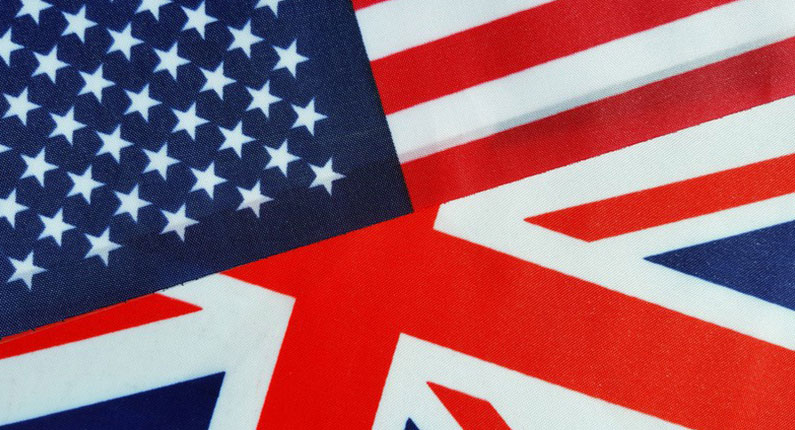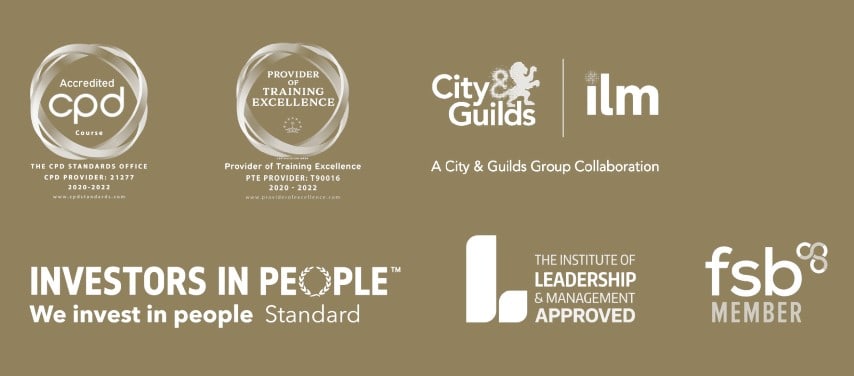
The land of Mary Poppins, James Bond and Hugh Grant – ah, Great Britain. Our American cousins delight in our accents, traditions and history but not so much in the size of our roads or houses. But is it really so different this side of the Atlantic when it comes to deportment and conduct?
Scott Waters, a 66-year-old artist and photographer from Florida, recently wrote a viral Facebook post detailing his 100 observations about England.
He says that “almost everyone is very polite” but everything is “just a little bit different” and “generally older, smaller and shorter”. Even dogs are “very well behaved”, he says.
When it comes to manners, Mr Waters observes…
– “If someone buys you a drink you must do the same.”
– “You don’t have to tip, really!”
– “The universal greeting is ‘Cheers’ (pronounced ‘cheeahz’ unless you are from Cornwall, in which case it’s ‘chairz’).”
– “Displaying your political or religious affiliation is considered very bad taste.”
– “They don’t seem to use facecloths or napkins or maybe they’re just neater then [sic] we are.”
– “They eat with their forks upside down.”
Upside-down? Mr Waters’ comment refers to the different dining styles that instantly mark out an American from a Briton at the table.
We British have adopted Continental table manners: the fork is placed to the left and held in the left hand and the knife to the right, to be held in the right hand. The fork should be held with the tines down, food scooped onto its back.
But over the pond, Americans often ‘cut and switch’, beginning with the fork in the left hand and knife in the right, but then putting the knife down after cutting their food and using the fork in their dominant hand – generally the right.
Lisa Vanderpump, the British star of The Real Housewives of Beverly Hills, also has some observations.
On dining out, she tells Harper’s Bazaar: “In England… when the knife and fork are put together, that means you’re done. Otherwise, how does the waiter know you’re finished?”
Leaving the knife and fork spread, yet expecting the plate to be cleared, is “actually considered rude in England”, she adds, but is “what most Americans do”.
Ms Vanderpump also notes that plates are left on the table in English restaurants until everyone has finished eating, “because people often feel that it puts pressure on those still eating”. Equally, the bill “does not arrive until you ask for it”.
When it comes to attitude, things also differ between the British and Americans, which can make quite a difference when it comes to doing business.
Toni Hargis, author of Rules, Britannia, says Britons are not “aware of how many times they say ‘please’ (too many)” whilst “most Americans don’t realise how little they say it”. But, she says, writing in BBC America it is not an “etiquette bomb” in the US to omit the odd “please”.
The US-UK Fulbright Commission, an organisation created to foster intercultural understanding between the two countries, says that “punctuality, individual responsibility, a high work ethic, and proud patriotism are all valued in the USA far more than the UK”.
Andy Molinsky, author of Global Dexterity: How to Adapt Your Behavior Across Cultures without Losing Yourself in the Process, agrees, noting that Americans “aren’t shy” about self-promotion and “selling themselves” – which is “essentially taboo” in the UK.
“Most Brits are very uncomfortable with being praised in public,” he writes in the Harvard Business Review and will fend off compliments “with a witty counter.”
Levels of outward enthusiasm also differ wildly between the two nationalities, he points out. Arguing a point in a meeting “enthusiastically” is “quite appropriate” in the US, whilst Britons are more likely to say things are “not bad” or “fine” than to use an American “great”.
“If self-promotion is an art in the US, the corresponding art in the UK is self-deprecation,” Mr Molinsky adds.
But, counters the US-UK Fulbright Commission, “Self-deprecation is rare in the US, and laughing at yourself or your country is viewed with suspicion.”
Whether you tend to self-deprecation or -promotion, to saying “please” too little or too much or to saying “cheeahz” or “thank you”, we here at the British School of Etiquette would advocate a Continental dining style.
To learn more about British dining and social etiquette, book onto one of our courses.
Share This Page, Choose Your Platform
New Release
Crushing Etiquette
"Excellent book, extremely well written and top content, very informative and relevant to all in all walks of life and business and professionals globally that want to advance in their careers and businesses at any stage and increase their professional impact and potential."
R G Goodier
New Release
Around the World
with Etiquette
This expert-written handbook distills essential country-by-country etiquette – from table manners and business protocols to wedding customs – so travellers, expats, and global professionals can avoid faux pas and make a polished impression abroad.
The British School of Excellence is the #1 industry leading organisation in etiquette, manners, life skills and service training.
The British School of Excellence is a certified Disability Confident Employer.
We believe that we are the best at what we do, but don’t just take our word for it – see the reviews of our courses at the independent review site Coursecheck.
Become a part of the BSE community to keep up to date with our courses, articles and news. Become a better, more confident and professional you!



Strewn with real-life stories, fun facts, playful wordsmithing and engaging rhetoric, this handbook will take you from the dining table to the boardroom table and even beyond borders.